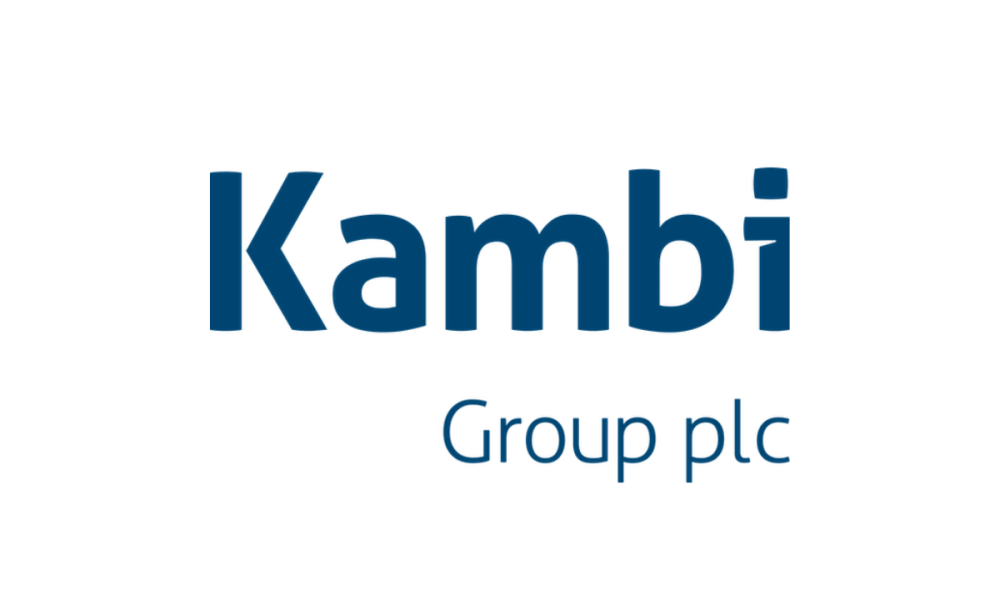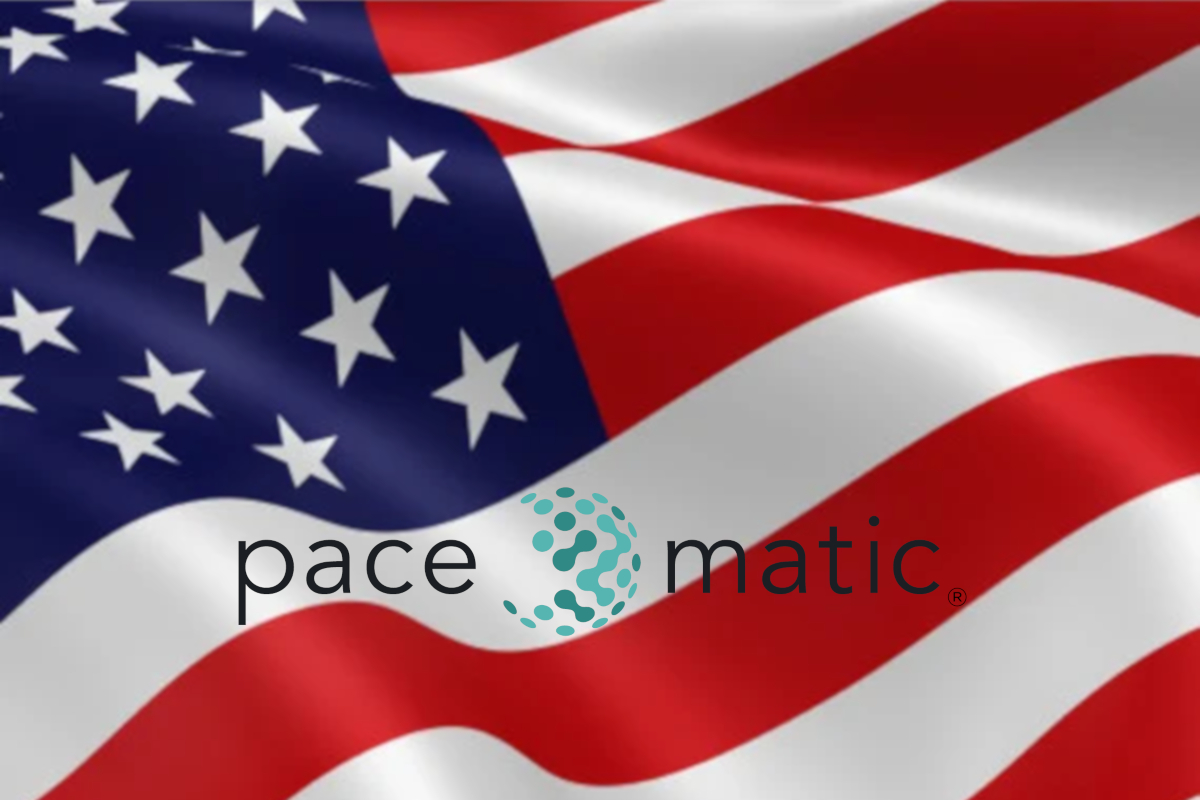Gambling in the USA
AGA, AGEM Launch Partnership to Combat Unregulated Gaming Machines

Campaign Will Highlight Gray Market Misinformation
The American Gaming Association (AGA) and the Association of Gaming Equipment Manufacturers (AGEM) announced a new partnership to combat the unchecked spread of unregulated gaming machines throughout the United States. The ongoing campaign will focus on providing state and local policymakers, law enforcement, and regulatory agencies with new resources and tools to stop the proliferation of unregulated gaming machines.
Casino gaming is one of the most highly regulated industries in the U.S. with more than 4,000 state and tribal regulators dedicated to overseeing all forms of gaming, including electronic gaming machines. The recent growth of unregulated machines across the country raises a host of concerns which the organizations outlined in a fact sheet released today. Among them are the lack of testing, consumer protections, and responsible gaming measures, which underscore the need for states with gray market and illegal machines to make this a priority area of focus.
“Stamping out the illegal market that threatens the safety of consumers will always be one of the gaming industry’s highest priorities,” said Bill Miller, president and CEO of the American Gaming Association. “We are proud to work with the Association of Gaming Equipment Manufacturers and our fellow industry partners to combat the spread of illegal machines. The AGA is encouraged that policymakers in some states such as Virginia have begun to recognize the dangers of these machines and have taken recent legislative action toward outlawing them. Unfortunately, other jurisdictions where these machines have become pervasive may believe their only recourse is to regulate and tax them. Rewarding bad behavior is not the answer, and we hope our education efforts will make it clear that the only real solution is to stop the spread of these devices.”
“The regulated gaming industry has rarely been more united on a singular issue and now we have a tool to address the misinformation and deception that unregulated machine companies use to confound law enforcement, the courts, and local citizens,” said Marcus Prater, executive director of the Association of Gaming Equipment Manufacturers. “The spread of these machines represents a serious threat to the overall regulated market that has invested billions in infrastructure while also creating thousands of jobs and substantial tax benefits in the communities they serve. Moreover, unregulated machines prey on confused players who see slot machine symbols and think they’re getting a fair chance when they absolutely are not.”
More than 20 professional gaming organizations have joined the AGA and AGEM in opposition to the spread of unregulated gaming, including the National Indian Gaming Association, the North American Association of State and Provincial Lotteries, the International Center for Responsible Gaming, the National Council on Problem Gambling, multiple state casino and tribal associations, and both of the leading independent gaming equipment test labs. View the full list here.
Gambling in the USA
Kambi Group plc extends Mohegan partnership with on-property sports betting agreement in Pennsylvania

Kambi Group plc (“Kambi”), the world’s trusted sports betting partner, has agreed a long-term on-property sportsbook partnership with Mohegan to provide its award-winning sportsbook at two retail locations in the state of Pennsylvania.
The partnership will see Mohegan utilise Kambi’s cutting-edge retail sportsbook offering across more than 20 kiosks in sportsbook locations at Mohegan Pennsylvania and Mohegan Pennsylvania at Lehigh Valley Race and Sportsbook.
The deal further strengthens Kambi’s relationship with Mohegan, which already utilises Kambi’s suite of sports betting products at ilani in Washington, as well as online and on-property in the Canadian province of Ontario at Fallsview Casino Resort and Casino Niagara.
Kristian Nylén, Kambi CEO and Co-founder, said: “With several successful partnerships with Mohegan already in place, we are pleased to agree this new partnership as we continue to build on our strong relationship.
“This latest deal further reinforces Kambi’s position as the sportsbook provider of choice for tribes across North America, and we look forward to our ongoing collaboration with Mohegan.”
Tony Carlucci, President & GM of Mohegan Pennsylvania, said: “Mohegan Pennsylvania is excited to continue utilising the same Kambi technology platform that existed under our Kindred partnership, which will help to create a seamless process as the Sportsbook at Mohegan Pennsylvania fully rebrands later this Spring.”
Blockchain
JuicyBet Launches Its Innovative GambleFi Platform

JuicyBet, a Web3 startup, announced the launch of its GambleFi platform. This platform combines finance technology and gambling via blockchain to create unique opportunities and experiences for users. The company strives to revolutionize the principles of the online betting industry and the interaction between platforms and users in this market.
What is GambleFi?
GambleFi uses blockchain technology to ensure the fairness and transparency of games and betting outcomes and for players to get their share of the platform’s earnings and participate in its governance and day-to-day by holding its tokens.
How JuicyBet works
JuicyBet fully utilizes blockchain technology to establish a new ecosystem that has never been seen in the gambling industry. It is centered around user participation and transparency while providing gambling thrills and quality entertainment.
All game records on the platform are kept in a public blockchain, while a set of smart contracts automates gaming outcomes and payouts and provides for the platform governance via the DAO model. This reduces fraud risks and operational costs, making JuicyBet a more efficient platform.
However, the platform’s main feature is the unprecedented level of user engagement via the platform’s native tokens.
- First, the tokens provide access to betting.
- Second, token holders get their share of the platform’s profit.
- Third, token holders can vote on key decisions on the platform’s development in JuicyBet DAO.
- And finally, DAO participants can also perform the role of oracles for bets and earn rewards.
In other words, JuicyBet doesn’t try to be just another gambling platform. It establishes a new ecosystem where users are in control of the platform and bets and are the beneficiaries of the platform.
In addition, JuicyBet offers additional earning opportunities, such as Double Farming and staking for token holders.
JuicyBet has already been noticed by users and investors – the platform’s 3-month turnover has exceeded $1,5 million, according to on-chain data available via Dune, and multiple centralized exchanges and launchpads have listed it.
eSports
R&D rethink needed for sportsbooks to harness esports’ power

 Esports betting is still grappling with a perception problem amongst operators. Despite the leaps and bounds in product development made by suppliers – particularly in the last two years – esports hasn’t shaken off the image built in the late 2010s.
Esports betting is still grappling with a perception problem amongst operators. Despite the leaps and bounds in product development made by suppliers – particularly in the last two years – esports hasn’t shaken off the image built in the late 2010s.
Our good friend, Oliver Niner, Head of Sales at PandaScore, has been kind to share the below article with us.
There’s scepticism around esports betting’s value, how well it can actually perform and what’s needed to make it appeal to bettors. A big part of that comes down to perception, which shapes the research and development (R&D) choices made by each operator.
Self-fulfilling prophecy?
Operators who have put the research and development (R&D) resources into esports are seeing excellent growth, while others are still treating it like part of a long tail. The lack of a uniform approach to esports often translates into hesitancy to be bullish and invest in esports.
Whereas in the United States, post-PASPA sports betting has exploded and operators are seeking to capture as much territory and market share as possible because in most cases, you switch the lights on and the money comes in. It’s, of course, good business sense to take opportunities like this – you can apply the same templates used elsewhere on an incredibly lucrative market.
This kind of approach has been attempted for esports and hasn’t found the same success. Granted, the legislation for betting on esports has been somewhat slower than that of sports betting and iGaming.
However, bullish operators have acknowledged the fact that esports hasn’t found the same success in regulated states and asked what can be done differently, while for others, esports has been thrown into the too-hard basket or relegated to the bargain bucket.
For the latter, the fate of the esports vertical becomes a self-fulfilling prophecy – especially if an operator already using a budget esports product that throttles its very growth.
It takes two to tango
When esports is discussed in broader betting circles, you’ll often hear different versions of the same talking point: the problem with esports is no one is doing it well, it doesn’t innovate.
This argument is a case of the pot calling the kettle black. Esports is a driver of innovation, and it is sportsbook R&D that is holding it back.
Multiple suppliers on the market are investing significant resources into R&D, and bullish operators are leveraging these product innovations to acquire new customers and create engagements made for the internet age.
There are understandable reasons why sports betting doesn’t innovate. It’s largely because operators focus on acquisition, entering new territories and spending money on data rights. But the actual R&D on sportsbook products is left lacking, with ever-increasing cost-per-acquisition (CPA) numbers a clear symptom of this.
It means that if an operator does decide to use or acquire an esports specialist supplier but does little to cater its product and attempts to just lay the sports betting template over the top, of course performance will be throttled.
It’s like putting a Ferrari engine in a Prius – no offence to Toyota or Prius owners.
The same problem exists on the platform supplier front. Platforms are understandably focused on compliance and getting customers live, not necessarily improving models or their products.
Even the idea that if you just acquire an innovative company the problem is solved or you have found the solution, doesn’t hold water. In many cases, the company is acquired and plenty of noise is made about it, but there’s little organisational investment in R&D afterwards.
It’s not just in esports
These problems extend to customer acquisition and marketing for most emerging markets, not just esports. There’s a rush to use the same old playbook in newer sectors because it’s easy.
The fantasy vs. house sector in the US is already experiencing an acquisition arms race. As analyst Dustin Gouker points out, deposit match bonuses for new users on fantasy vs house products have jumped from $100 to as high as $500 in some places.
This is the same race that played out in sports betting and despite the costs, there’s little effort from most operators to try something different. There’s less work when you just put the same acquisition template on an emerging sector and call it a day. This seems to be an accepted practice in the industry, for better or for worse.
Esports betting success requires ongoing dialogue
Rather than attempting to wedge esports into hegemonic sportsbook approaches, sportsbooks need to take a completely unique approach.
The fact is the betting sector has barely scratched the surface – communities of esports fans are still dormant. Canadian operator Rivalry has built a successful, esports-first business by embracing the ever-changing internet culture that esports inhabits. French esports organisation Karmine Corp recently sold out a 30,000-person stadium for an event with no prize money up for grabs.
Innovative products developed on the supplier side like microbetting and betbuilders are only half of the equation.
Maximising esports revenues requires institutional investment, ongoing R&D and collaboration between suppliers and operators to create products and experiences. This includes having staff on the operator side that can drive and push the product further, and crucially, rethinking current sportsbook strategies and practices.
Building experiences for betting’s greatest emerging market – one that caters to your future core audience – takes investment, innovation and a willingness to experiment. If the industry wants to make the most of the Millennial and Gen Z audience that will become its primary customers, investment into R&D and close collaboration between suppliers and operators is needed. Many hands makes light work.
-

 eSports6 days ago
eSports6 days agoNorth Star Network Acquires Um Dois Esportes
-

 BiS SiGMA Americas6 days ago
BiS SiGMA Americas6 days agoGR8 Tech Brings “Best Workplace 2024” and Fresh LatAm Insights from BIS SiGMA Americas
-

 Baltics6 days ago
Baltics6 days agoEvoplay bolsters presence in Lithuania with Betsafe deal
-

 GAT Expo6 days ago
GAT Expo6 days agoSuccessful Exhibition for Spintec at the GAT in Cartagena
-

 Latest News6 days ago
Latest News6 days agoWeek 17/2024 slot games releases
-

 Compliance Updates6 days ago
Compliance Updates6 days agoEGBA Welcomes European Parliament’s Approval Of New EU Anti-Money Laundering Framework
-

 IAGA6 days ago
IAGA6 days agoThe International Association of Gaming Advisors (IAGA) Announces 2024 International Gaming Summit in Washington, D.C.
-

 Balkans3 days ago
Balkans3 days agoCT Gaming to Showcase its Latest Products at the Belgrade Future Gaming Exhibition






























